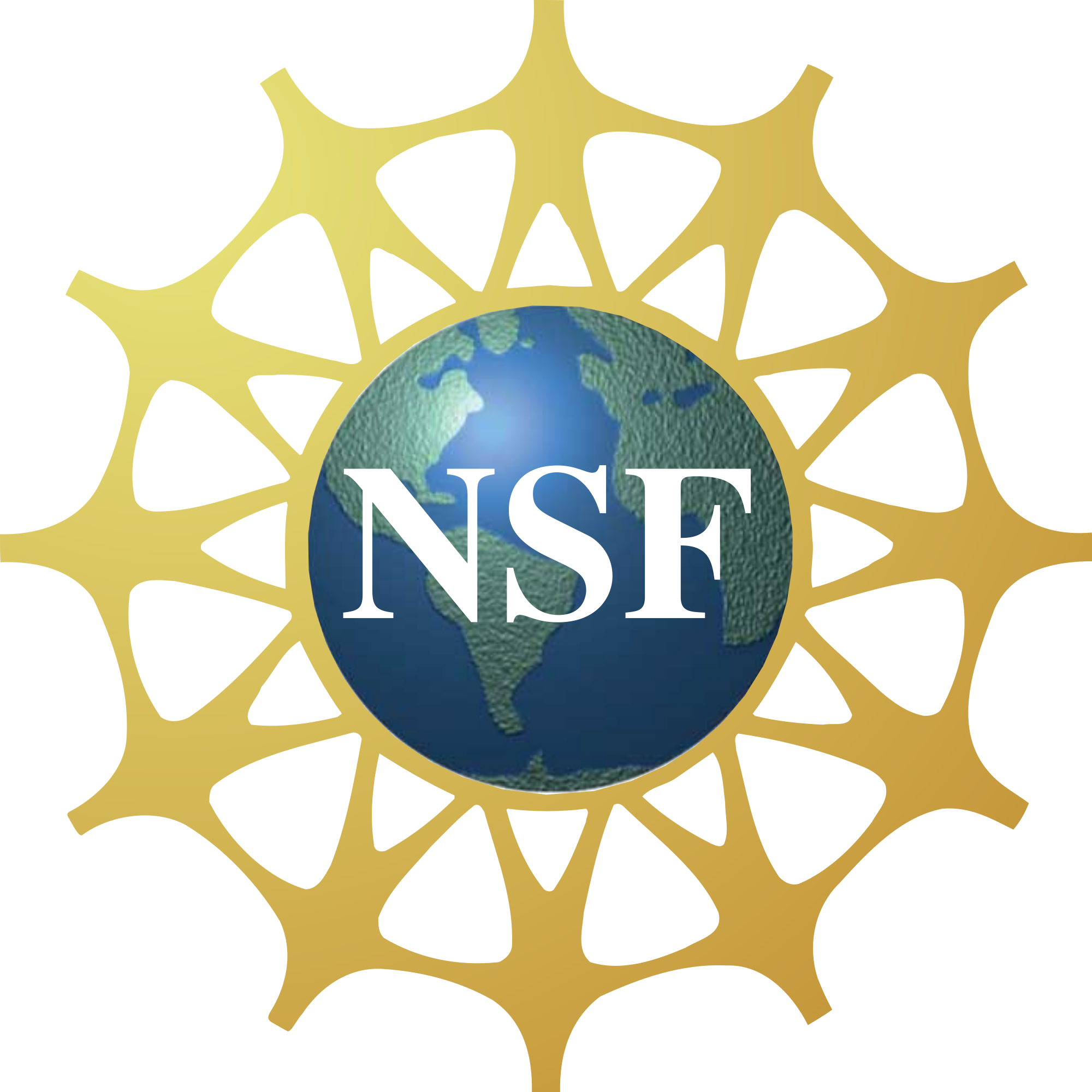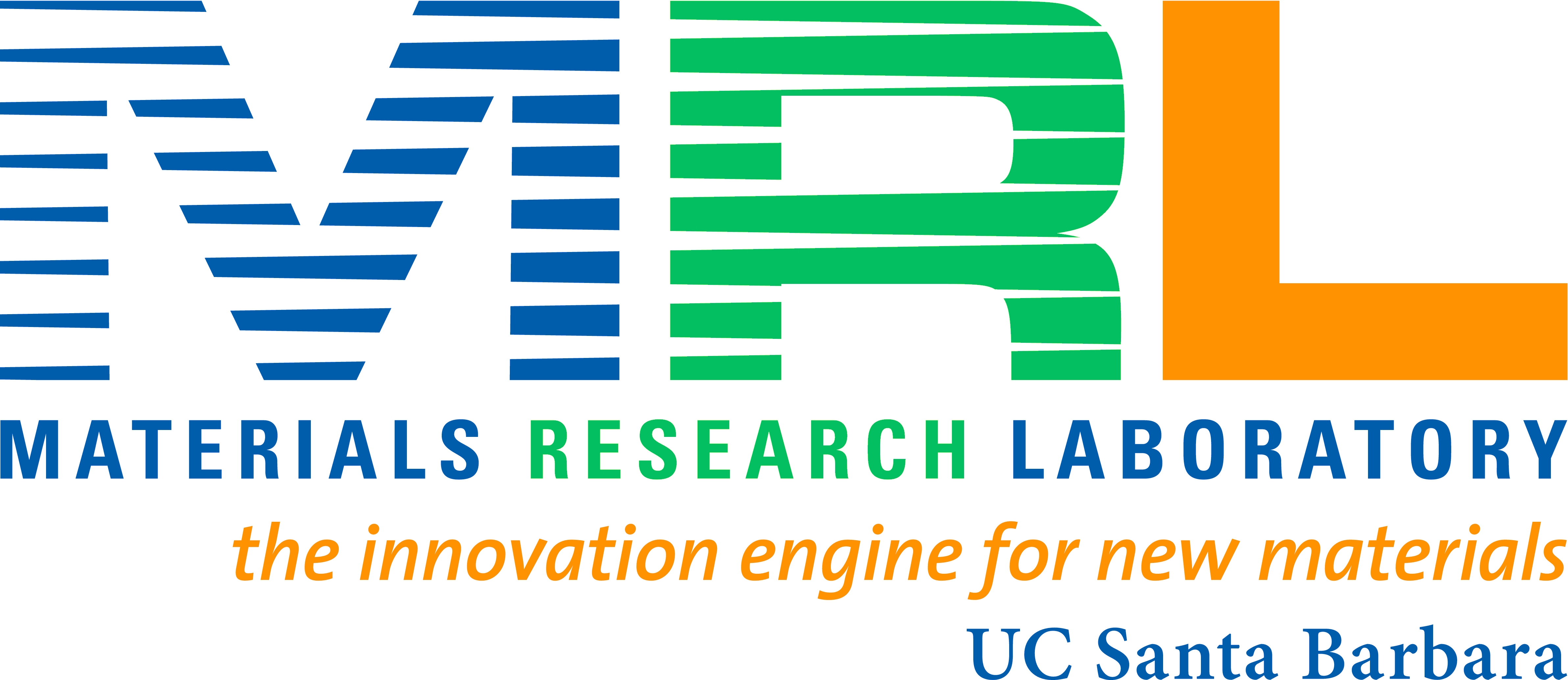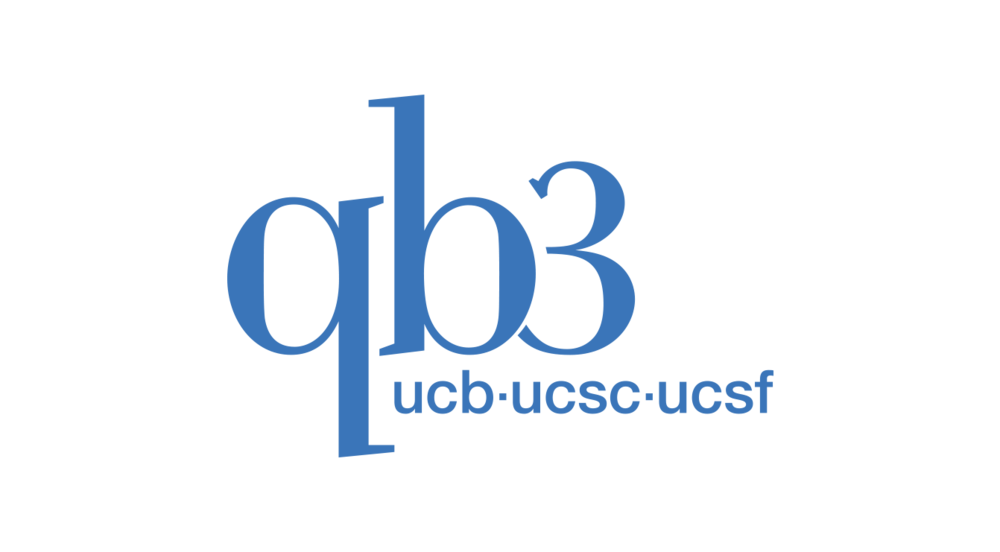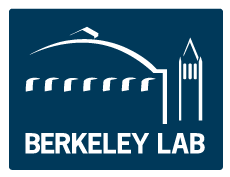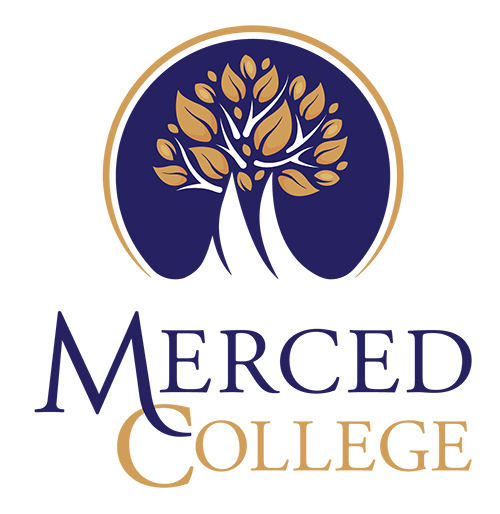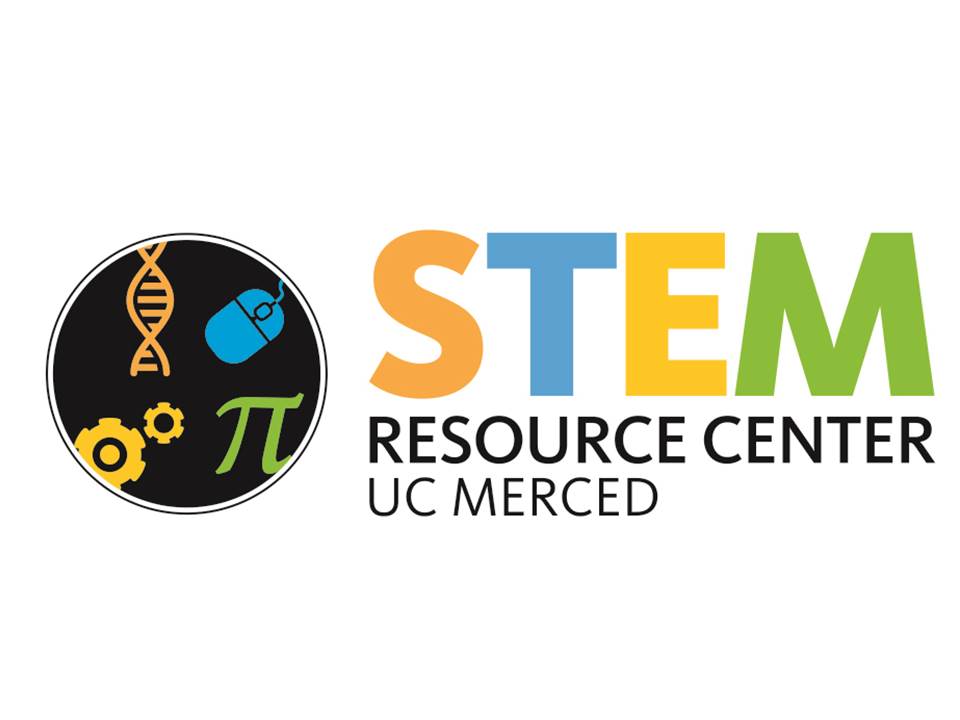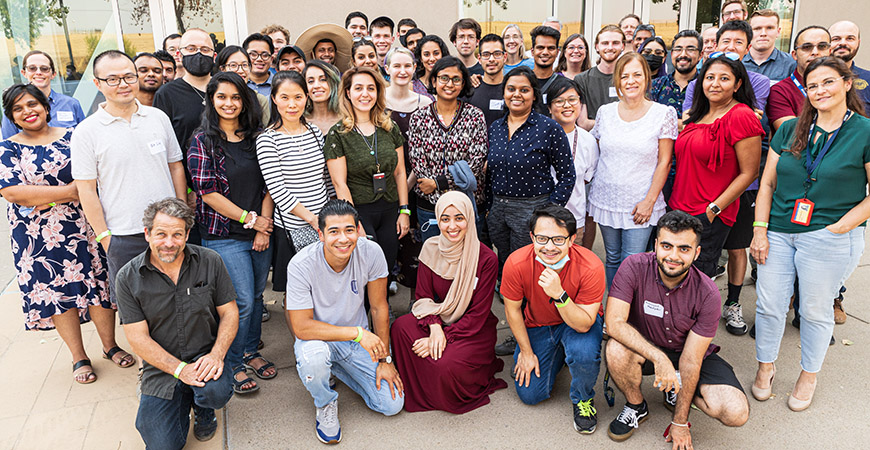
UC Merced’s NSF-CREST Center for Cellular and Biomolecular Machines (CCBM) has been awarded an additional $5 million from the National Science Foundation (NSF) to continue its mission. In total, the NSF has invested $10 million in the center, an indicator of the importance of the Center’s work and its faculty, student and staff contributions.
The CCBM, which is funded as a Center of Research Excellence in Science and Technology, was established in 2016 at UC Merced, and brings together scientists and engineers from bioengineering, physics, chemistry, materials science, molecular cell biology and applied math.
"We are proud to be able to continue to serve as a focal point for biophysical science, biomaterials and biotechnology research on campus, while also providing training and graduate minor degrees in these fields for a diverse group of students from across the university," said physics Professor Ajay Gopinathan, the center’s co-director.
The CCBM aims to understand intricate mechanisms of the life and its design principles so that increasingly sophisticated biological materials and devices can be designed and developed. The Center’s quest is to learn from the design principles of nature as its members engineer new devices and materials that go from the nanoscales of biomolecular machines to cell colonies and tissue. Members explore and study biological mechanisms with the aim of understanding how the basic components of life come together, how to manipulate and exploit these principles of nature and how to make improvements upon them.
“Our research continues to lead to transformative advances in our basic understanding of the rules of life and in engineering applications in medicine, biotechnology, environment and energy, thereby contributing to an environmentally sustainable economy,” said bioengineering Professor and CCBM co-Director Victor Muñoz.
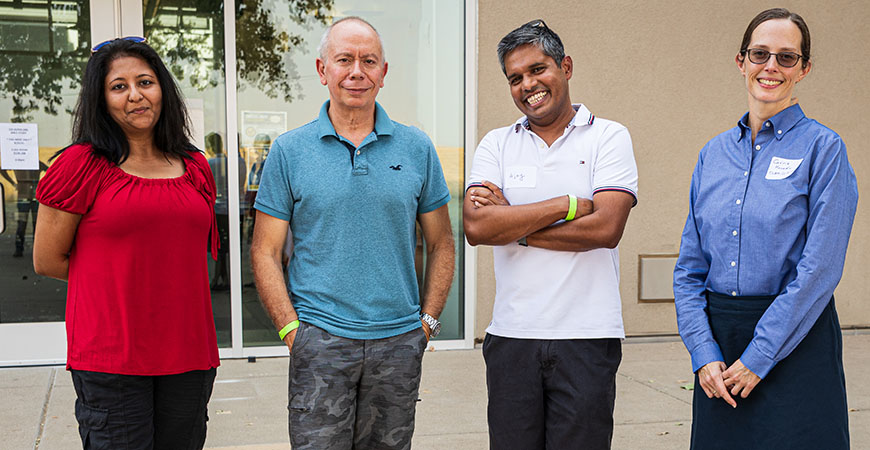
During the center’s first phase it awarded nearly 60 semesters of graduate fellowships and served more than 100 graduate students active in the Center's research, education, outreach and broadening participation goals. These students participated in scientific events, Center meetings, summer training modules, mentorship and more.
Funding for the second phase will last through August 2026 and will focus on three key areas or thrusts: protein metamorphosis and responsive nanodevices; adaptive and responsive microscale assemblies; and adaptive cellular communication. These research 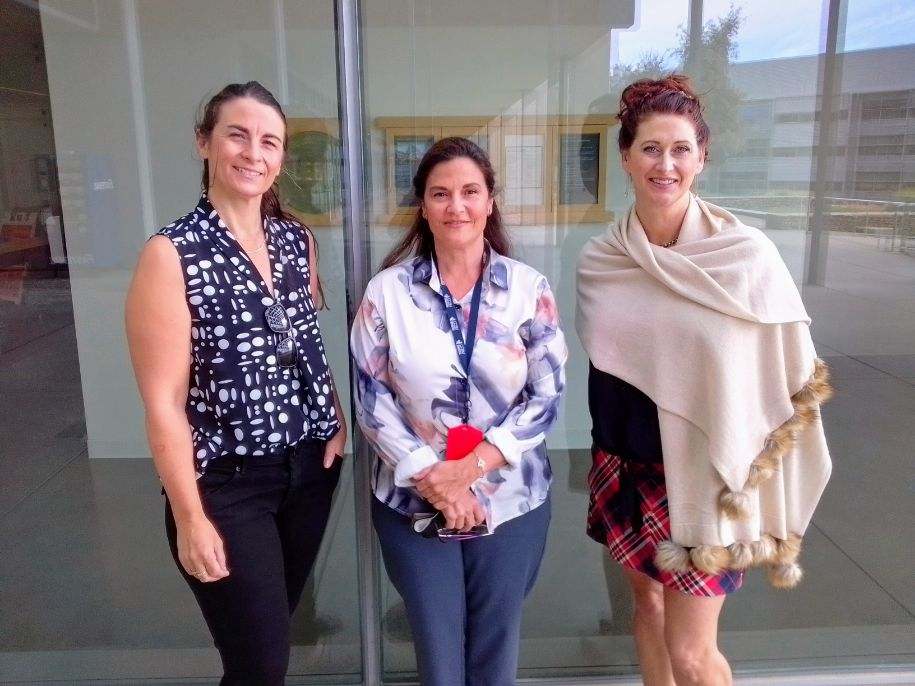 thrusts will be led respectively by professors Eva de Alba (bioengineering), Linda Hirst (physics) and Kara McCloskey (materials science and engineering). There will be an emphasis on cross-cutting research conducted across these thrusts as well.
thrusts will be led respectively by professors Eva de Alba (bioengineering), Linda Hirst (physics) and Kara McCloskey (materials science and engineering). There will be an emphasis on cross-cutting research conducted across these thrusts as well.
About 30 CCBM faculty, 50 graduate students and 20 undergraduates are currently active in the Center, with several staff contributing as well. These include CCBM project scientist Mourad Sadqi, Stem Cell Instrumentation Foundry project scientist David Gravano, undergraduate program coordinator Petia Gueorguieva and external evaluator Professor Ayesha Boyce from Arizona State University. The Center will hire another project scientist in Phase II, focused on Modeling and Computation, as well as administrative and outreach staff.
In addition to research, the training of graduate student fellows is a major focus. These fellows then share their experiences with and mentor undergraduates and high school students, which helps recruit diverse and underrepresented students to science, technology, engineering and mathematics (STEM) fields, an area of importance to the Center and the campus at large. During the first five years, or Phase I of the Center, it served nearly 200 undergraduate students with research opportunities and professional development workshops. Moving forward, CCBM leadership will build upon that strong foundation by adding new scientific training modules.
“Research will remain the central component of our program, given the critical role it plays in STEM engagement at all levels. We will continue our hands-on monthly workshops to prepare our undergrad researchers for a broad range of professions, while also offering training modules focused on scientific writing. These will assist them should they choose to attend graduate programs as the next step in their careers,” said CCBM Undergraduate Lead Professor Sayantani Ghosh.
Another major aim of the Center is to make an impact on the region by exposing underrepresented students to STEM fields and potential career paths through a variety of programs.
“We are thrilled that our Center faculty, students and staff will continue to lead engaging STEM outreach sessions that serve the local community and beyond, inspire interest in STEM fields and contribute to broadening participation through the infrastructure offered by the Center,” said CCBM Executive Director Carrie Kouadio.
In Phase II, the Center will host the annual CCBM Open House, which includes scientific talks for the public, lab tours and demos. There will also be a high school research program, weeklong K-12 summer programs, school visits and teacher professional development workshops, as well as an initiative to develop STEM education, outreach and science communication resources. Programmatic and other updates will be posted on the Center website.
The Center’s growing understanding of the principles and the mechanisms of biology will allow its researchers to better engineer biological materials and devices for the benefit of humanity, while training and inspiring the next generation of scientists and engineers at UC Merced.

